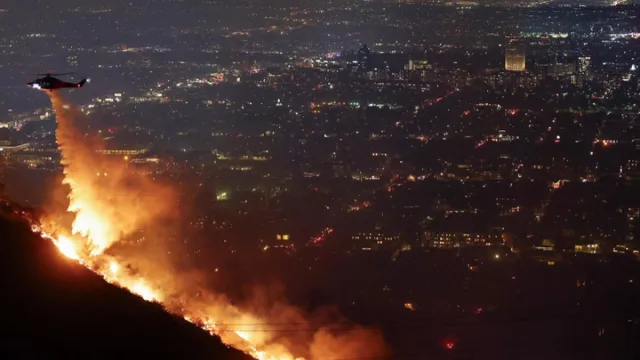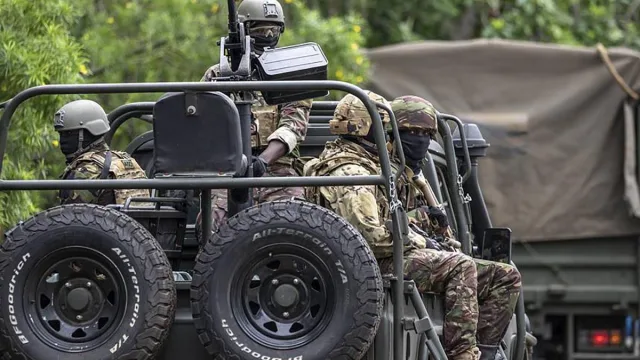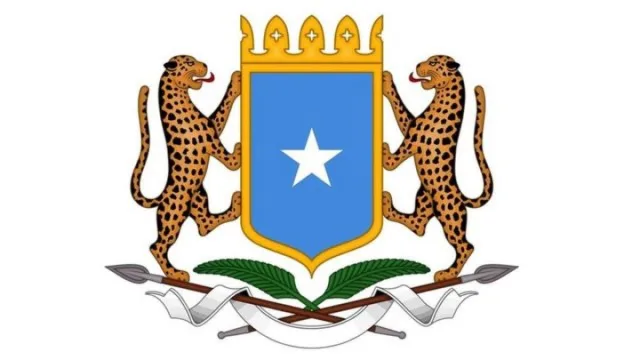A combination of factors are leading aid agencies to warn of an impending humanitarian crisis in…
 A combination of factors are leading aid agencies to warn of an impending humanitarian crisis in Somalia, as the country faces famine, war and disease at the same time.
A combination of factors are leading aid agencies to warn of an impending humanitarian crisis in Somalia, as the country faces famine, war and disease at the same time.
Between 2010 and 2012 Somalia suffered a severe food shortage that claimed the lives of an estimated 258,000 people, more than half of whom were under the age of five. It was not the first time the country has faced such a crisis; in 1992, a similar famine killed 220,000 people throughout the country. Sadly, it looks like it might not have been the last time either.
A group of 23 aid agencies are now calling on governments and individuals to help avert another humanitarian disaster. According to their report, a combination of factors, such as poor rain and ongoing conflict, could easily lead to another famine. Food insecurity already affects around 2.9 million people in Somalia and, worse still, 50,000 children are so malnourished that they are “at deaths door,” says the report.
Complicated situation
Talking to the Guardian newspaper, Andrew Lanyon, head of the Somalia Resilience Programme, says that preventing crisis will require an immediate response. However, the complexity and persistency of the challenge makes it difficult to organise. Poor rains are the main cause of the drought, but the ongoing conflict makes it particularly hard to deliver aid, not least because it has displaced over a million people who need extra support.
Added to the risk of famine and the long-running conflict are widespread infection and disease. A major cause of this is the limited access to safe drinking water and sanitation facilities – just 30% in the former case and less than 25% in the latter. The effect of these conditions is clear, Somali women face the second-highest risk of maternal mortality in the world and polio, which had been eradicated, was reported in 193 cases last year.
Moving forward
Whilst the situation in Somalia represents an extreme challenge for those hoping to help, aid agencies warn that this must not be an excuse for doing nothing. For example, they point out that only 12% of the necessary humanitarian funding has been delivered so far this year. More money would, therefore, go a long way to making up this gap and get aid where it is needed.
As Ed Pomfret, regional campaigns and policy manager for Oxfam, says, Somalia has been in crisis for over 20 years. This leads to the saddening truth that many of the statistics in this new report are actually an improvement on past years. However, there is a real chance that this most recent crisis can be averted if action is taken now to support the people of Somalia.





